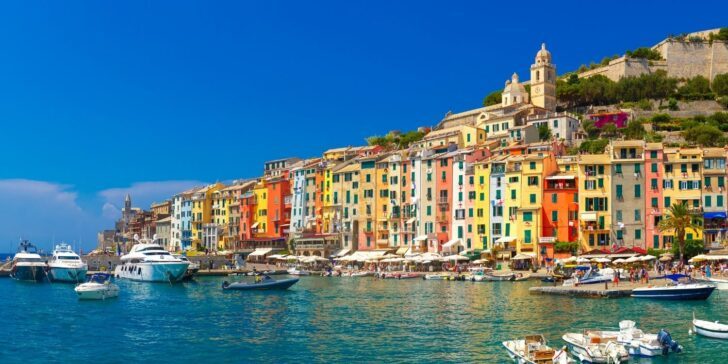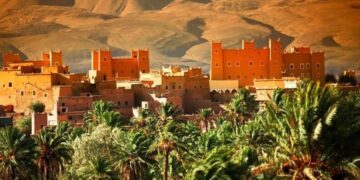Italy is one of the most popular travel destinations in the world.
A considerable part of our history classes are dedicated to learning about Ancient Rome, and this isn’t the only time we hear about the country.
Italy is recognized for its great inventors, brilliant painters, and delicious food. But how much do you really know about the country?
Here are 16 interesting facts about Italy that you should know.
Italy is one of the youngest countries in Western Europe.

Italy only became a country in 1861, making it 85 years younger than the United States!
Before the unification, Italy was a collection of many different kingdoms.
This included the Republic of Venice, the Empire of Sicily, the Kingdom of Bologna, and many more that were independent of one another. However, all the kingdoms fought regularly.
A significant attribute to them joining together as a nation-state was when Napoleon conquered Italy.
After that, he dissolved the independent states, which started to unite the country to form Italy.
Italians live longer than most other Europeans.
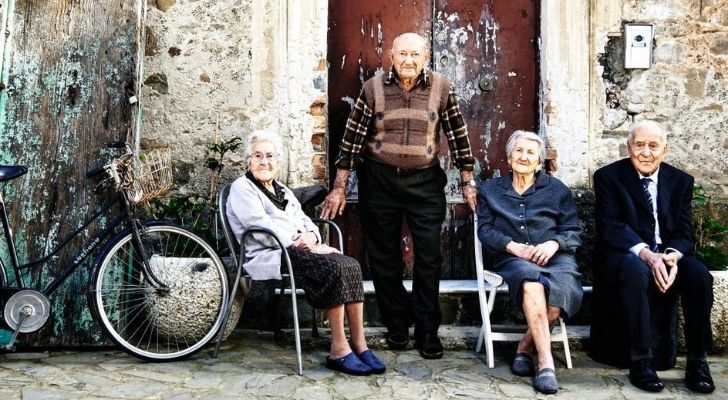
Italy is home to some of the oldest European residents, with an average life expectancy of 83.5 years.
As a matter of fact, Italy has the oldest residents in the top 10 countries in Europe. 2021 even saw a 0.17% increase in average age compared to 2020.
The statistics come from the low birth rate in Italy and the long life span of its residents.
The Ogliastra region of Sardinia is home to some of the oldest men in the world. This place is known as a “Blue Zone,” which is a region of the world where a higher proportion of people live for more than 100 years.
Italy has 55 UNESCO sites.
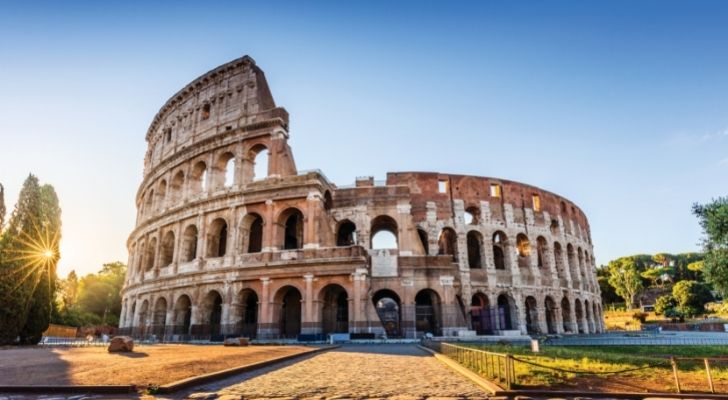
Most countries have at least one UNESCO world heritage site, but Italy has 55. For a country of its size, it is one of the most densely UNESCO-populated countries in the world.
Italy has the second most UNESCO site out of all countries in the world, behind China which has 57.
Of these UNESCO sites, there are 50 cultural sites and five natural. Most of these UNESCO sites are in Rome due to their rich historical value, but many are scattered across the country.
There are two countries situated within Italy.
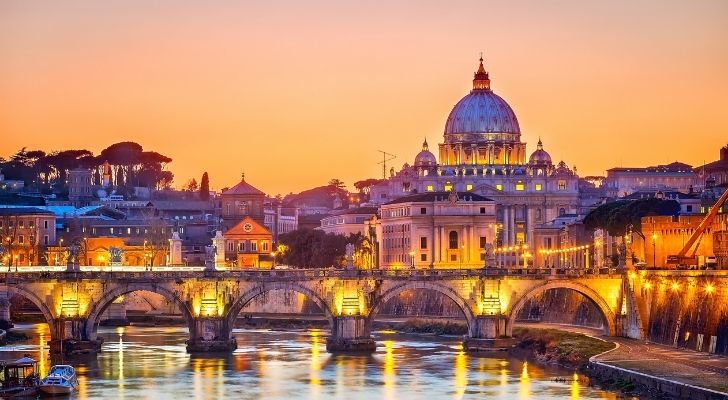
One of these tiny countries is San Marino. San Marino is 23.6 square miles (61.2 sq. km) and situated near Italy’s east coast.
The second country inside Italy is Vatican City, which is only 0.17 sq. mi (0.44 sq. km).
These are two of the tiniest sovereign nations, with their own government and constitution.
Neither country has access to an ocean and is landlocked; therefore, all trade deals must go through Italy to reach them.
There are three active volcanoes in Italy.
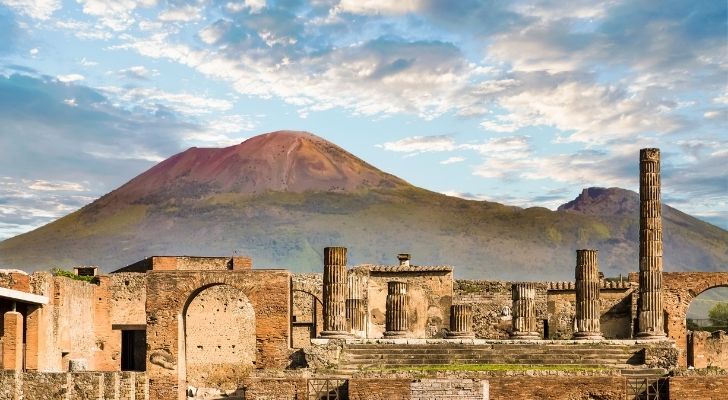
Italy is home to the only active volcanoes in Europe.
The three volcanoes are Mount Etna on the Island of Sicily; Stromboli, located on an Italian Island just north of Sicily; and Mount Vesuvius, located outside Naples.
The last eruption was from Mount Etna in 2023, and it is common to see smoke coming from the top.
It is possible to take guided hikes up all three volcanoes, but it is possible that plans can change as they are all still active.
Italy has a larger population than California.

California is considerably larger than Italy; however, its population doesn’t reflect its size. California is around 163,696 square miles (423,970 sq. km) in size, and Italy is about 116,347 square miles (301,338 sq. km).
This means that California is one and a half the size of Italy, so you might expect it to have more people.
A survey in 2020 demonstrated that the population of California was 40 million. And the estimated total for Italy showed they had a population of 60 million.
It’s hard to imagine squeezing that many people into such a significantly smaller space.
This shows Italy’s efficiency in architecture and infrastructure and its tendency to build upwards rather than out.
The Italian flag reflects the countryside of Italy.
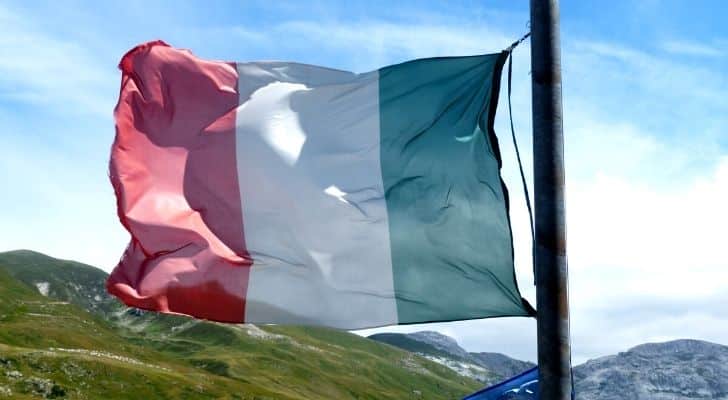
The Italian flag, or il Tricolore, was adopted after World War II in 1946. The flag comprises three vertical stripes, each a different color.
First, there is green which represents the rolling plains and hills. Second, the white represents the snow-covered Alps in the country’s north. The third is red, which symbolizes the blood shed for their country.
Mont Blanc is Italy’s highest peak.

Mont Blanc is famous for being one of Europe’s highest mountains and is often associated with France.
However, Mont Blanc is also the highest peak in Italy, and the border between France and Italy runs across the peak.
Mont Blanc stands at 15,774 ft (4,808 m) above sea level.
The police drive Lamborghinis in Italy.
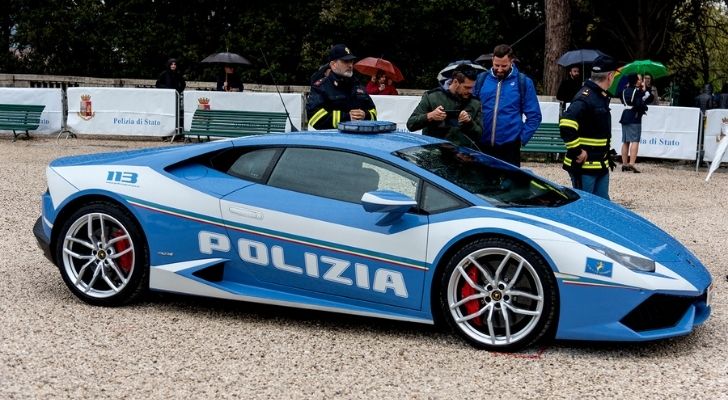
Since the early 2000s, Italian traffic police have used the luxury supercar to patrol the Italian motorways in the north.
These Lamborghinis perform speed-related emergencies such as transporting blood or vital organs to hospitals.
The Lamborghinis are custom-made with a defibrillator onboard and a refrigerated trunk.
They seek out speeding outlaws on the Italian highways when not needed for such important work.
Italy has one of the oldest universities in the world.
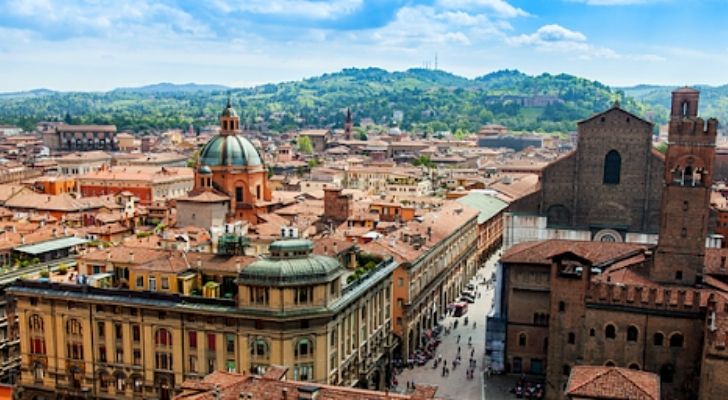
The University of Bologna is a research university in Bologna, Italy. Although they do not know the exact date it was created, researchers have found the establishment of the university to have been around 1088.
This makes the University of Bologna one of the oldest still-functioning universities on Earth.
The school was started by immigrants in the region who had not been given the same rights and access to education as the native locals.
Italy has a fountain that flows with wine.
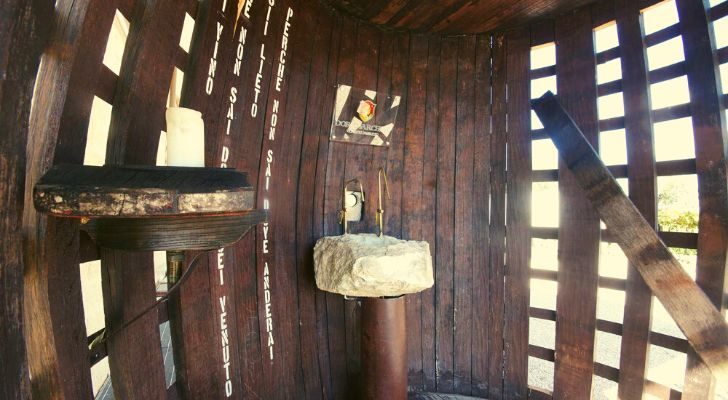
The city of Caldari di Ortona in Abruzzo, Italy, was gifted a fountain that flows with wine instead of water.
It was gifted to the town by the Dora Sarchese winery. The fountain was built to quench the people’s thirst on the pilgrimage from Rome to Ortona.
The pilgrimage, which has been practiced for centuries, aims to see St Thomas’s relics. The fountain has now become a popular tourist attraction for wine enthusiasts worldwide.
Rome is over 2000 years old.
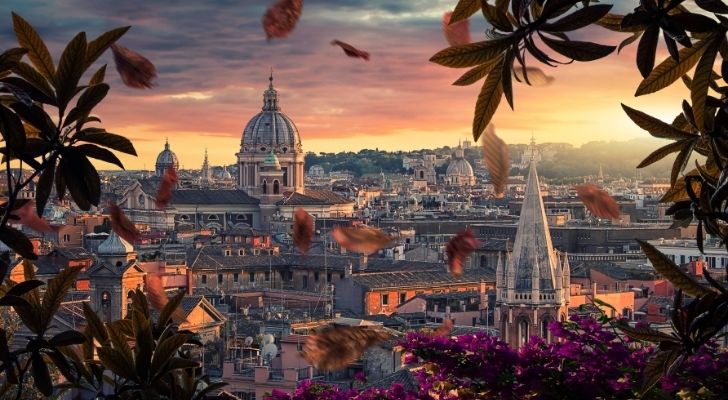
Rome is the capital of Italy, and it was founded in 753 BC.
Rome was the birthplace of the Roman Empire and has served as the heart of the empire for many years.
In 2019, Rome saw over 10 million tourists visit, becoming the 11th most-visited city in the world.
Italy is the world’s largest wine producer.

This may come as a surprise as France is often associated with being one of the world’s largest producers of wine.
But in fact, Italy is the world’s largest wine producer as of 2019. In 2018, Italy produced an incredible 1,447,662,847 gallons (54.8 million hectoliters) of wine.
Aside from production, Italy is also one of the world’s largest exporters of wine, with most sales going to Germany, the UK, and the US markets.
Italy has around 1,500 lakes.

Italy is famous for its beautiful rural towns with clear blue lakes in the mountain regions.
You may have heard of Lake Garda, Lake Como, or even Lake Maggiorebut, but did you know there are around 1,500 lakes in the country?
Italy’s lakes draw thousands of tourists yearly because they complement the mountain regions so beautifully.
This may sound like a lot, but it doesn’t take first place in Europe, as Norway has the most, with over 20,000!
The newspaper was born in Venice.
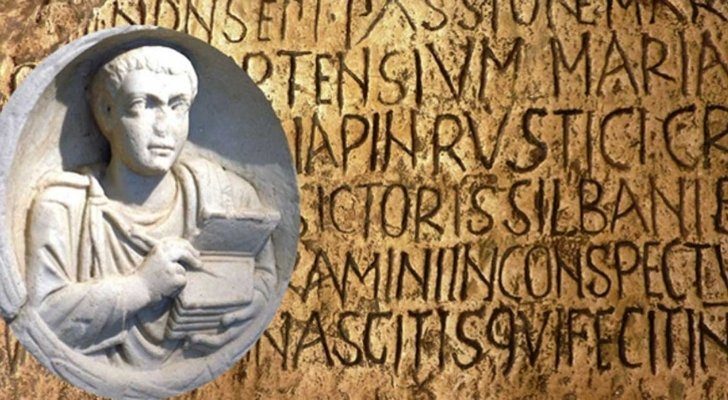
In Ancient Rome, “Acta Diurna,” or government announcement bulletins, were created out of stone or wood carvings. These were made to alert the public of any vital information.
For example, the equivalent in China was called the Dibao.
However, The Venetians created the newspaper we know today. In 1563, the first public newspaper was put into circulation, called “Gazette.”
These were handwritten and only released once a week, and they informed people about everything from politics to the economy and even war updates.
The Margherita pizza was made in Naples.

The Margherita pizza is most known for its simple but mouthwatering flavor. But did you know that this classic pizza was only invented in the 1800s?
In 1889, King Umberto I and Queen Margherita of Savoy was on a trip to Naples, which was then the capital of the southern kingdom.
The queen commissioned Raffaele Esposito to develop three different iterations of the dish.
He made one pizza filled with garlic and another with anchovies, but these two flavors didn’t impress the queen.
What caught the monarch’s attention was his pizza with mozzarella, tomato sauce, and a sprig of basil. Esposito, later on, named this dish after her.
Italy is not only a fascinating place to visit, but it’s also one of the most famous countries in the world.
It has provided us with centuries of knowledge that have given way to developing some of the world’s most influential art and infrastructure.
We will never stop learning from this beautiful country, and we hope these facts will inspire you to learn more about this historic corner of the world.

